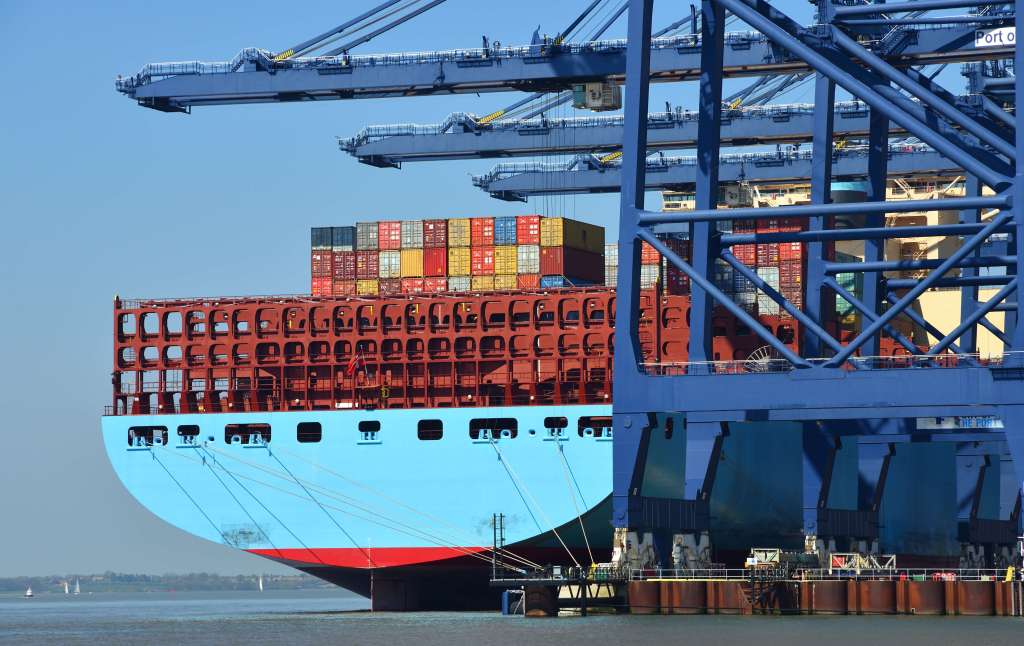Businesses that trade with the EU now have to complete additional paperwork as part of the post-Brexit trade agreement. While checks for exports started last year, full customs checks for goods arriving from the EU only came into force on 1 January 2022.
From pre-submitting customs declarations to following the rules of origin, make sure you understand these important regulations to avoid fines and delays for your business.
Full post-Brexit customs checks are now in force
Last year full customs checks only applied to exports from the UK to the EU, while similar checks were essentially waived for imports to give businesses more time to prepare.
Now if you import from the EU, the full customs rules apply (excluding trade with the island of Ireland, where separate negotiations are still taking place).
So, what does this mean for small businesses?
If you import goods from the EU…
For UK businesses, there are certain regulations if you’re importing goods from the EU:
- import declarations can no longer be deferred
- customs checks are taking place on imports from the EU
- you must notify authorities in advance about importing animal and plant products
Previously HMRC allowed a 175-day delay for companies submitting customs declarations. Now checks and forms must be completed at least four hours before the goods enter the UK.
To qualify for tariff-free entry, your goods must meet rules of origin arrangements (we explain more on this below). You’ll need a supplier’s declaration and proof of origin to claim these preferential duty rates (0 per cent).
Read the government’s step-by-step guide to importing goods to the UK from any country and find out how much tax and duty you’ll need to pay, and whether you need any certificates.
It’s possible to get a long-term suppliers’ declaration if you regularly import goods with the same country of origin, which could save you time and admin. Read more about how to claim preferential duty rates on the UK government website.
If you export goods to the EU…
As with imports, you’ll need a suppliers’ declaration to prove the origin of your goods and to benefit from the reduced customs duty.
HMRC has said that failure to provide the declaration can result in penalties or being barred from benefiting from the preferential tariffs in future.
The government has more information about types suppliers’ declarations, as well as a step-by-step guide to exporting goods from the UK.
To take the pressure off, you may want to hire someone to deal with customs for you.
What are the rules of origin?
Rules of origin are designed to help you work out where your goods originate from, based on how much they’ve been worked on or manufactured in a particular country.
In terms of rules of origin for goods after Brexit, this helps you determine which goods are covered in the UK’s trade agreement with the EU. The goods must meet a level of processing in the country of export to benefit from zero customs duties.
Products that don’t meet the rules of origin can still be traded, you’ll just need to pay a different tariff.
Find out more about rules of origin when trading between the UK and EU.
Stricter rules are coming throughout 2022
The government has laid out a timetable for phasing in further border controls for imports across the rest of this year.
Further checks on imports are set to be introduced from 1 July, including:
- electronic document check before your product starts the journey
- ID check on the product before departure
- physical check when it arrives (including country of origin certificates and supplier declarations)
Health controls related to animal and plant products
The introduction of sanitary and phytosanitary checks on imports of animal and plant products will be phased in from the summer:
- 1 July – high-risk animal products, regulated plants and plant products, high-risk foods not of animal origin
- 1 September – dairy products
- 1 November – all other regulated products of animal origin including composite and fish products
And you’ll need the following certificates:
- export health certificates for products of animal origin – these must be approved by an official vet in the EU
- phytosanitary certificates for plants and plant products
The government hopes this timeline will give small businesses more time to prepare for the extra customs checks and border controls as they come in throughout 2022.
Do you trade with the EU? How is your business managing with the extra checks and paperwork? Let us know in the comments and complete our quick poll below.
Photograph 1: harlequin9/stock.adobe.com
Looking for self-employed insurance?
With Simply Business you can build a single self employed insurance policy combining the covers that are relevant to you. Whether it’s public liability insurance, professional indemnity or whatever else you need, we’ll run you a quick quote online, and let you decide if we’re a good fit.
